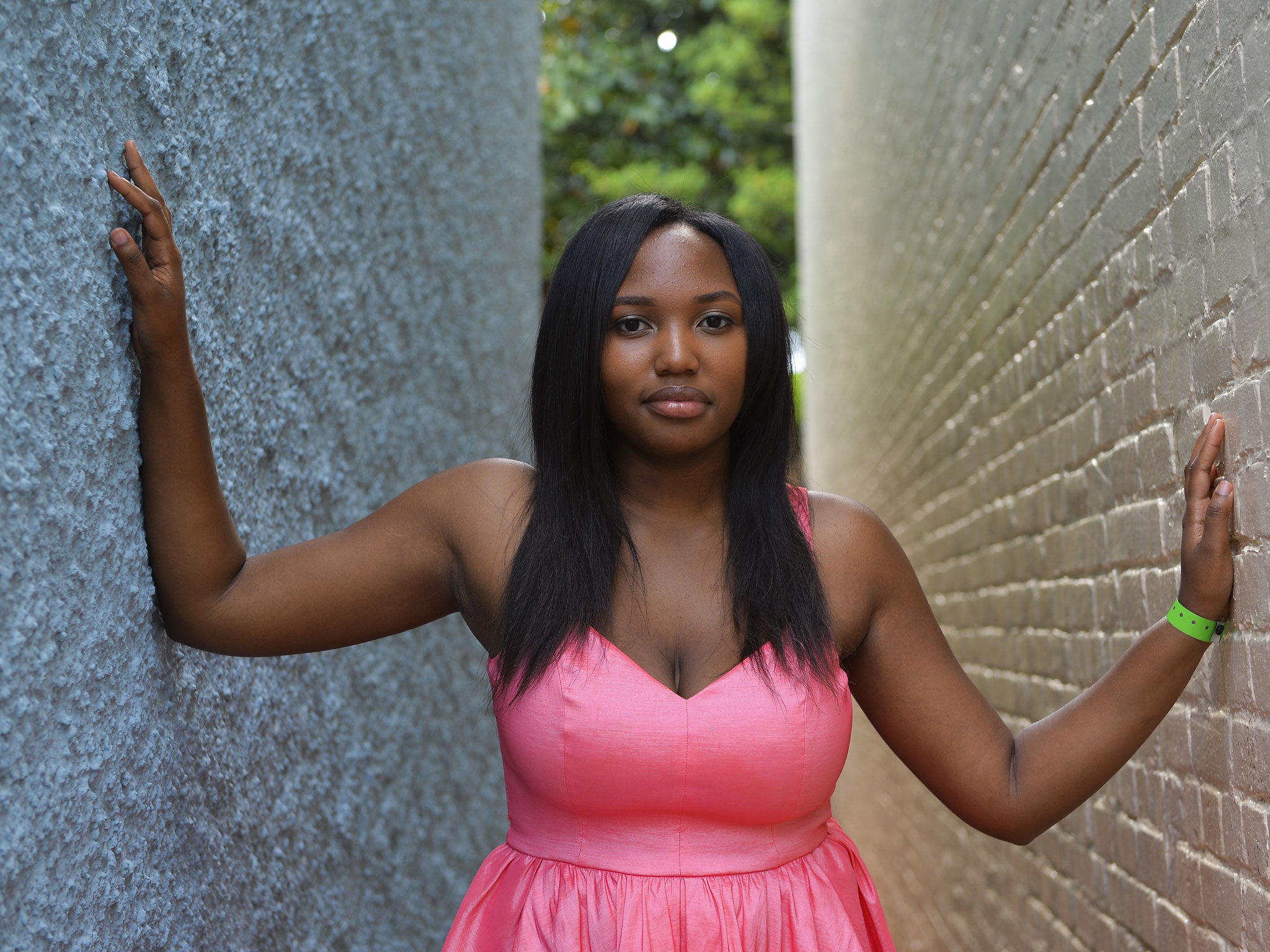Black US student hopes #BBGU campaign will have a lasting impact at Georgetown University
Aya Waller-Bey, who launched the hashtag to draw attention to life at predominantly white colleges, hopes the debate will continue now the school year has ended

Aya Waller-Bey, who graduated yesterday, had four years of #BBGU. She just wasn't calling it that for most of the time.
The hashtag – which stands for Being Black at Georgetown University – has been around only since December. Ms Waller-Bey, a sociology student focusing on social justice, launched it after seeing the success of a similar campaign at the University of Michigan. Both efforts form part of social media campaigns begun by students in predominantly white colleges in the US over the past year.
At the University of Michigan, students started tweeting with the hashtag #BBUM (Being Black at University of Michigan) in November, shortly after the total black student enrolment there was reported to have dropped from 6.1 per cent in 2009 to 4.8 per cent in 2013.
Using the hashtag on Twitter, Tumblr, Facebook and Instagram, students mused about common themes such as being the only black person in a class or feeling isolated on campus.
Yesterday, as the school year came to an end, students hoped the conversation would continue. Ms Waller-Bey knows such things have fizzled out before. In 2009, after a series of racial incidents on campus, John DeGioia, the president of Georgetown University, announced an initiative to foster diversity and inclusiveness on campus. A 2012 article in Georgetown's student newspaper, The Hoya, credited the initiative with spurring changes – including a more diverse faculty – but also declared that the initiative had stalled.
#BBGU has turned into more than a hashtag. Ms Waller-Bey credits social media with helping the campaign have more of a lasting impact at Georgetown. "There have been alumni involved and there's still a written track record of what people have said. I think that allows us to hold the university accountable and to understand, like, 'hey, this public shaming thing works'," she said. "When the university is embarrassed... they're forced to respond because it looks bad PR-wise."
Georgetown University's provost. Robert Groves, who has been in meetings with the students behind the social media campaign, said: "It led to a great new dialogue at Georgetown. On that score, we're indebted to them."
Despite the issues highlighted through #BBGU, Ms Waller-Bey called Georgetown "the best thing that's ever happened to me".
Washington Post
Subscribe to Independent Premium to bookmark this article
Want to bookmark your favourite articles and stories to read or reference later? Start your Independent Premium subscription today.

Join our commenting forum
Join thought-provoking conversations, follow other Independent readers and see their replies